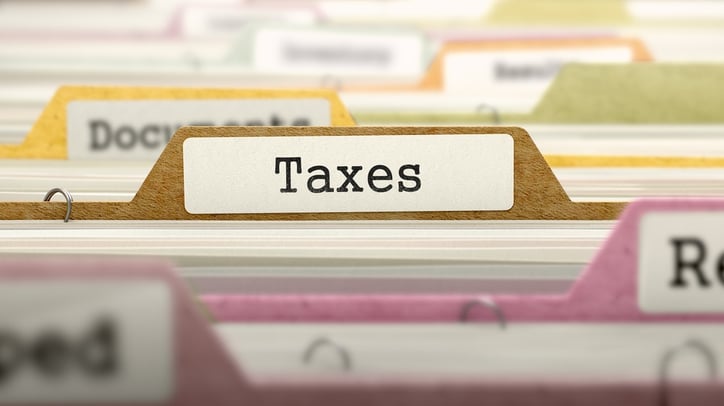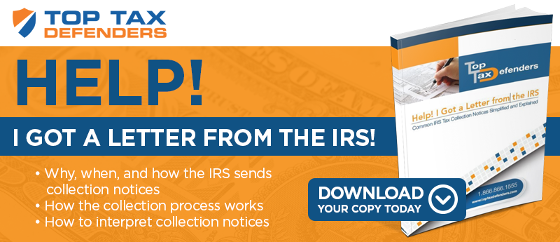
Just like private citizens, business owners must file and pay their federal taxes each year. When these individuals realize that they may not be able to file on time, they have the option of requesting a tax extension from the IRS.
Once the extension due date comes and goes, business owners could incur expensive fines and penalties. You can avoid this situation by learning what a filing extension is and what kinds of punishment you could incur if you fail to submit your tax return by that date.
Tax Deadline Extension
As its name implies, a tax deadline extension prolongs the amount of time for which you have to file your federal income tax return. When you cannot file and submit your return by the due date, you can ask the IRS in writing to push back the date by which you must have the return electronically submitted or mailed to the IRS.Extensions may be granted to entities like:
- non-profit corporations
- S and C corporations
- LLCs
- partnerships
The extension does not, however, prolong the amount of time that you have to pay your taxes. The amount owed to the government must still be paid by the original due date. If you are not sure of the exact dollar amount, you should estimate what the total would be and pay it accordingly. The IRS will notify you of any shortfall or overage of the amount that you paid.
Nonetheless, an extension is designed to allow you to file your return without incurring any penalties for filing late. However, if you miss this extended deadline, you could be penalized and have to pay more to the IRS than the original owed amount.
Tax Due Dates
The due date by which you must file and pay your federal income taxes varies according to the type of business that you own and operate. For example, partnerships and S corporations must file and pay their 2017 taxes by March 15, 2018. If they are approved for an extension, they have to file their return by no later than September 17.
Likewise, C corporation owners as well as private taxpayers must file and pay by April 17, 2018. The IRS may grant them an extension that would permit them to file no later than October 14, however.
Finally, exempt organizations must have their returns filed and taxes paid by May 15, 2018. With an extension, that date would change to August 15.
Penalties for Missed Deadlines
If you miss the deadline for filing, you face incurring expensive fines and penalties that will just add to what you already owe the IRS. The IRS will initiate the penalties on the day the extension due date and continue adding them each month until your debt is paid in full.
The amount that you can expect to be fined will depend on the type of business that you own as well as the amount of taxes that you owe. If you file late but owe no tax, you will incur a $195 a month penalty to a maximum of $585.
If you owe taxes and file late, you risk being fined an additional five percent on the owed amount that will be added to the $585 maximum penalty. This total amount will then be added to the taxes that you must pay to the IRS.

Filing payroll taxes late likewise brings on penalties that add to your overall tax burden. If you file your payroll taxes past the extension date, you will incur a penalty of five percent to a maximum of 25 percent of your tax debt. Likewise, if you fail to file the Form 904 and pay your federal unemployment taxes by the due date in 2018, you will be penalized five percent for each month until the total amount is paid in full.
The IRS may be willing to extend the date by which you must file your federal tax returns for the 2017 tax year. This later deadline spares you from expensive penalties that arise from missing the original due date. However, the penalties may still apply if you miss the extension stipulated for the type of business that you own.



